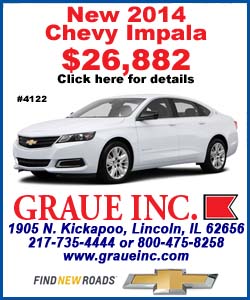|
 The news is a fresh blow for a product once touted
as a potential blockbuster but which has had disappointing sales
over the years — aggravated, in part, by a separate supply problem
two years ago. The news is a fresh blow for a product once touted
as a potential blockbuster but which has had disappointing sales
over the years — aggravated, in part, by a separate supply problem
two years ago.
The British group said it believed that some U.S. bottles of Alli
might not contain authentic product, adding that it was working with
the U.S. Food and Drug Administration on the retailer-level recall.
News that bottles had been tampered with first emerged on Wednesday.
GSK has received inquiries from consumers in Alabama, Florida,
Louisiana, Mississippi, New York, North Carolina and Texas about 20
bottles containing tablets and capsules that were not Alli.
The treatment is also sold in Europe but the company said no
problems had been detected there and European sales were not
affected by the U.S. recall.

GSK said it was not immediately clear how the bottles had been
tampered with or where in the supply chain the problem had occurred.
NO THEORIES YET
"The investigation is ongoing. We've asked people to return bottles
to us, so we can examine them very closely ... we don't have any
theories at this point," a company spokeswoman said.
Shoppers said they had found a range of tablets and capsules of
various shapes and colors in purchased Alli containers. The
authentic drug is a turquoise-blue capsule. Some bottles inside the
outer carton were also missing labels and had tamper-evident seals
that were not genuine.
There have been no reports of any serious illnesses related to the
product after news of the tampering.
Quality problems have become a big issue in the pharmaceuticals
industry, with most attention focused on Indian generic prescription
drug suppliers. However, Western groups such as Johnson & Johnson
have also suffered failures in quality control.
[to top of second column] |

Alli is marketed by GSK's consumer healthcare business and is
approved for over-the-counter (OTC) sale for overweight adults, in
conjunction with a low-fat diet.
The treatment, which is a low-dose version of Roche's Xenical, was
launched in the United States in 2007 with a big marketing campaign.
But the product has failed to achieve the $500 million to $1 billion
of sales analysts had initially forecast.
GSK no longer breaks out Alli sales figures, though revenue from the
product was 93 million pounds ($154 million) in 2011.
The company tried to sell the Alli brand that year, along with a
number of other non-core OTC healthcare products, but its divestment
was scrapped after an interruption in supplies from Roche, which
makes the active ingredient for the drug. ($1 = 0.6037 British
pounds)
(Editing by David Goodman)
[© 2014 Thomson Reuters. All rights
reserved.] Copyright 2014 Reuters. All rights reserved. This material may not be published,
broadcast, rewritten or redistributed.

 |